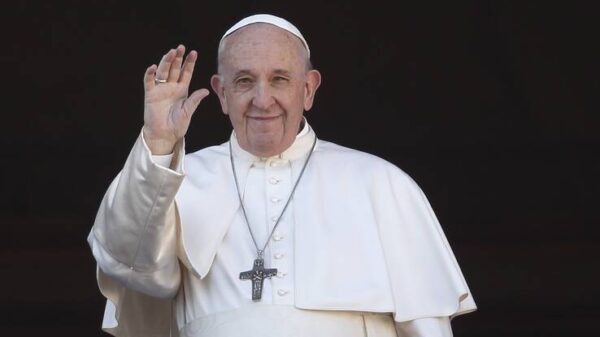Draghi’s key points revolve around the urgency of the situation, as he warns that any delay in action could lead to a recession that may be incredibly challenging to recover from. He characterizes the situation as a “tragedy of biblical proportions,” citing both the loss of human lives and the severe economic consequences. While acknowledging that an increase in public debt is inevitable, Draghi underscores the importance of averting a permanent destruction of productivity and fiscal capacity, which could pose more significant risks to the overall economic system. He suggests that high levels of debt will become a lasting feature among countries, and private debts may be erased.
Draghi’s call for immediate action is grounded in the belief that hesitation could result in unprecedented and severely harmful consequences. He commends the actions taken so far as “courageous and necessary” but emphasizes their insufficiency. He asserts that each specific country must use its resources to protect its citizens and economic assets from shocks that the private sector is not responsible for. Furthermore, he emphasizes the need for a common and united effort, as no single country can tackle and overcome this extensive crisis on its own. Draghi firmly states, “We are European citizens, and we are called to support one another.”
To prevent job losses and maintain employment levels, countries should act proactively. Draghi argues that postponing taxes may not yield favorable long-term results, and he advocates for increasing liquidity throughout the entire system. He invokes the familiar “whatever it takes” motto, which he used during a speech in 2012 when adopting the quantitative easing policy (a different approach from that used by the current President of the ECB, Christine Lagarde). In addition, Draghi calls upon banks to “lend money at no cost to businesses.” Speed and resilience are the key principles underlying Mario Draghi’s approach to the Covid-19 emergency.




































